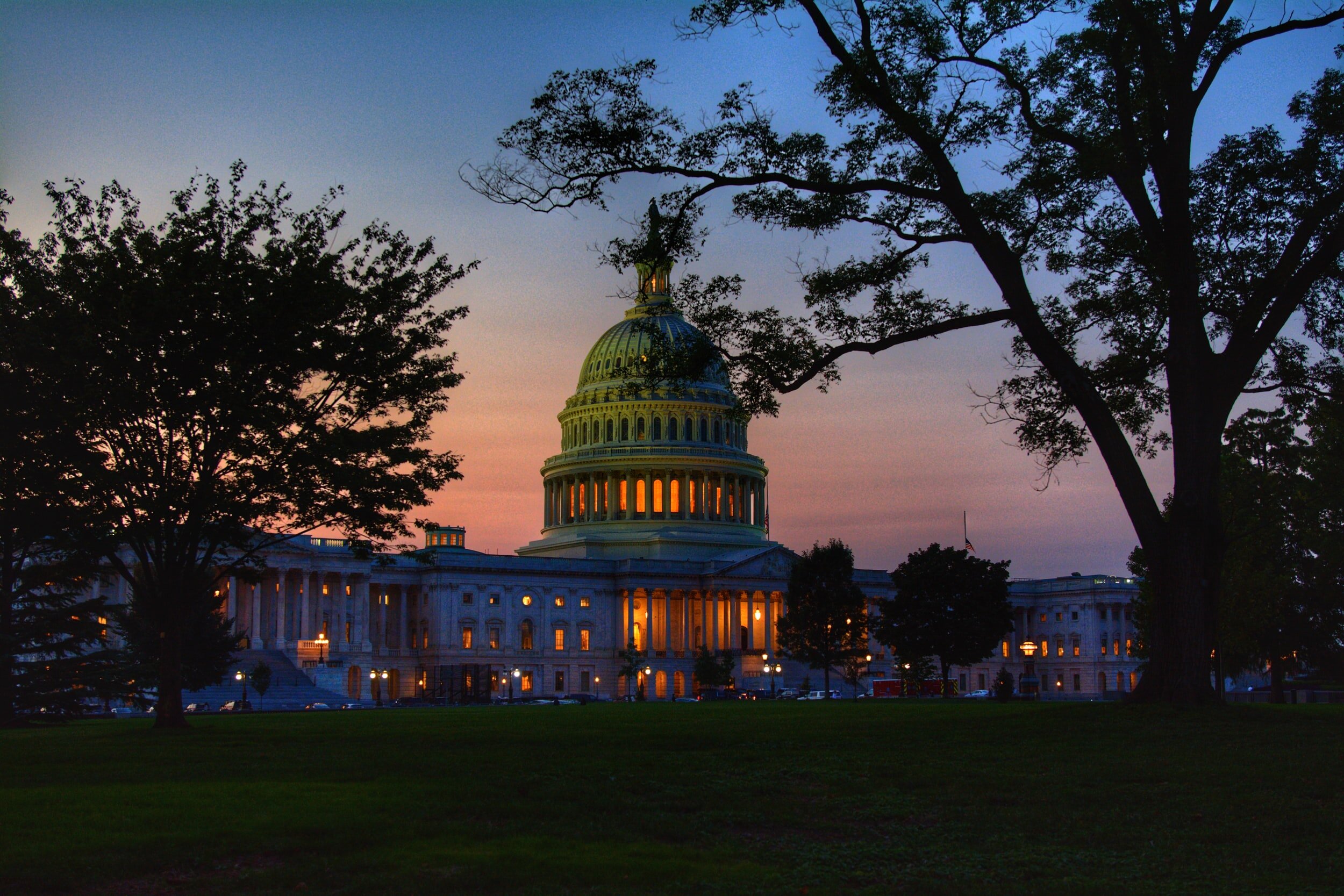Senate Hearing on Electricity Sector Stresses Reliability and Affordability While Urging Government Action
The Senate Committee on Environment and Public Works held a hearing on March 10 to discuss the future of the American energy sector, and how our nation’s energy direction can impact our changing climate.
Titled “Building Back Better: Addressing Climate Change in the Electricity Sector and Fostering Economic Growth,” the planned agenda was aligned with the priorities of the Biden Administration and provided some insight into possibilities for the next four years. However, the discussion was very bipartisan and one of the Trump Administration’s signature policies, reforming the National Environmental Policy Act (NEPA), was a point of discussion as participants debated the costs and benefits of permitting delays.
Chairman Tom Carper (D-DE), led the discussion, and Los Angles Mayor Eric Garcetti, Government Accountability Office (GAO) Director of Natural Resources and Environment Frank Rusco, Xcel Energy CEO Ben Fowke, West Virginia University’s Jim Wood, and Sandra Snyder, Vice President of Environment Interstate Natural Gas Association of America, were the featured witnesses.
Sen. Carper opened the hearing by speaking to the recent damage winter storms caused in Texas. He took a moment to underscore the serious nature of dealing with weather disasters, how they affect average Americans and the role of our power sector in better serving citizens in the future.
“Overall, the crisis took the lives of 80 people, and the estimated damage to people’s homes, to their businesses, to their livelihoods are expected to reach over 90 billion dollars. It is heartbreaking and it should have never happened in this country,” Sen. Carper said.
The Senator continued: “A report released this morning by the Government Accountability Office found that climate change is expected to have far-reaching effects on the electricity grid that could cost the American people tens of billions of dollars in damage and power outages, like the devastation we’ve just seen in Texas. But the future of more suffering from climate change is not written in stone.”
Sen. Shelley Moore Capito (R-WV) spoke next about two major challenges to the electric sector that policymakers must address—reliability and affordability.
“We need to ensure our energy systems are resilient to the impacts such as extreme weather storms, wildfires, or cyberattacks. If an emergency occurs, we want to make sure any of those impacts are minimized and are remedied quickly,” she explained, adding that solutions needed to be affordable for consumers. “We need an all-of-the-above energy strategy.”
Frank Rusco testified on behalf of the GAO, which produced the report Sen. Carper referred to in his opening statement. Rusco reiterated the importance of grid resilience, specifically how federal guidance plays an essential role in coordinating national efforts, which are needed in order for these efforts to be truly effective and long-lasting. Rusco said the Department of Energy and Federal Energy Regulatory Commission should both lead federal efforts toward common goals.
One salient moment was his response to a question from Sen. James Inhofe (R-OK) about permitting.
“I agree that to be able to build back better, we have to be able to build, and there is room to be able to improve the federal permitting process and streamline it,” Rusco told the committee. “I hope that we continue that effort, to get the important infrastructure built to make our system resilient.”
“Acting sooner rather than later while learning along the way is the appropriate response to adapting to climate change,” he added in regard to how our response should be formulated in the immediate future.
During his testimony, Mayor Garcetti boasted about the clean energy accomplishments Los Angles has made in recent years.
“An energy grid that is 100 percent renewable, reliable and resilience can be achieved,” Garcetti said. “Los Angeles is proof. In 2002, our utility was just 2 percent renewable and 50 percent coal. Today, we are 40 percent renewable. And by 2025 we will have 0 percent coal.”
In the middle of a record-breaking heatwave last summer, hundreds of thousands of California consumers lost power for the first time in nearly two decades, and some blamed renewables. But Garcetti continued with the importance of reliable, locally sourced power: “Make your investments bigger and bolder and faster. This is the moment to think big.”
Ben Fowke of Xcel Energy provided the utility perspective echoed the Mayor, highlighting that his firm has long been a clean energy leader. “In 2020, we achieved a 51 percent reduction in carbon dioxide emissions from 2005 levels,” he said.
Fowke claimed that Xcel plans to deliver 100 percent carbon-free electricity by 2050. But he also cautioned against solely relying on renewable, saying that nuclear must still be utilized, at least in the immediate future, due to the current expense and intermittency of renewables.
“However, at higher levels [of intermittent renewables] the cost of [the energy system] begins to skyrocket and reliability degrades," he cautioned. "Xcel needs some form of new, 24-7 dispatchable energy generation.”
Sandra Snyder and Jim Wood provided further depth to the discussion and voiced concern for consumers, conveying the importance of utilizing many different energy sources in order to maintain a strong and reliable grid, which will also be affordable to all ratepayers nationwide.
Sen. Carper continued with roundtable questions to the speakers. He stressed to his fellow lawmakers that having commonsense discussions on how to transition our energy economy—while keeping it affordable and reliable for consumers—is a vital step in modernizing America’s grid and tackling climate change in grounded terms.
An archived video recording of the entire hearing can be viewed here.

